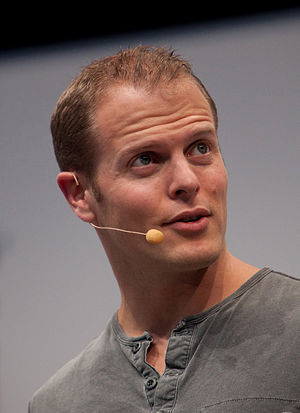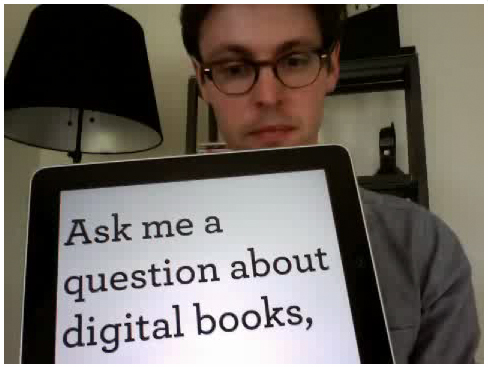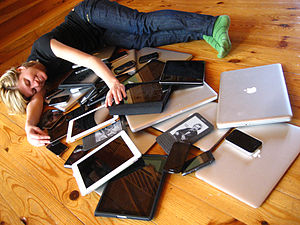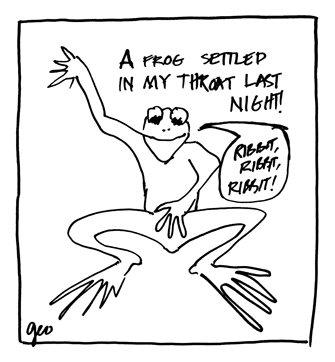Digital You
“Like it or not, a digital you is out there.”
~ Lawrence Joseph
Lawrence Joseph’s latter day truism is sandwiched between layers of post-9/11 offal like a slather of mustard or a thin slice of onion, a piquant but ancillary ingredient trying to mask the repugnant meat of the poem.
It fails. The poem “So Where Are We?” (Granta, Issue 116) and most of the other sketches and reflections in Granta’s Ten Years Later, edited byJohn Freeman, are deeply disturbing. But that’s the point, I suppose, looking back on a decade that scrambled and irreversably transformed much of the free world.
And yet Joseph’s assertion about digital redundancy clung to me. The notion of digital clones has become ubiquitous. It needs no explanation. It is a contextualizing, familiar point of reference that justifies the grotesque world conjured in this collection.
Like it or not, there’s a digital you out there. In fact almost every aspect of your life is probably reflected in some computer somewhere. You could say that information, that data, has a life of its own. If you have anything to do with modern society, you are no longer a purely biological, analog being. (New York Times)
I’m not altogether uncomfortable with this idea as the name of my blog plainly suggests, but I am fascinated with the implications of this analog/digital duality. I’ve said before that we’re living through a storytelling renaissance. Though we don’t always see it that way (teachers lament ever shortening attention spans for reading and literature; publishing executives panic as books become ebooks become Vooks become…), the proliferation of digital selves and the near universal acceptance of digital identities suggests a convergence of real world and narrative world. We are becoming our stories. Or vice versa.
The one big idea from the original “Tron” that maintained relevance was that some binary version of you is running around out there in all those ones and zeros, to a certain extent under your control but also, in a profound way, forever beyond your reach. Now we can all have multiple identities all the time: just make another user name, and you’re someone else, right? That conceit is not always accurate… (New York Times)
Are you keeping track of your digital selves? Are they still in your story, or have they defected? I’ve seen a few new faces wandering around in my own stories lately after all.
Related articles
- Your Digital Legacy (Part 1) (sixestate.com)
- Avatars with your body language get your point across(newscientist.com)
- When Virtual Sex Becomes Real (passionatereads.com)
- What is a Vook? (virtualdavis.com)
- The Ever Evolving Social Media Revolution (virtualdavis.com)
- Digital Storytelling: A New Paradigm (virtualdavis.com)















